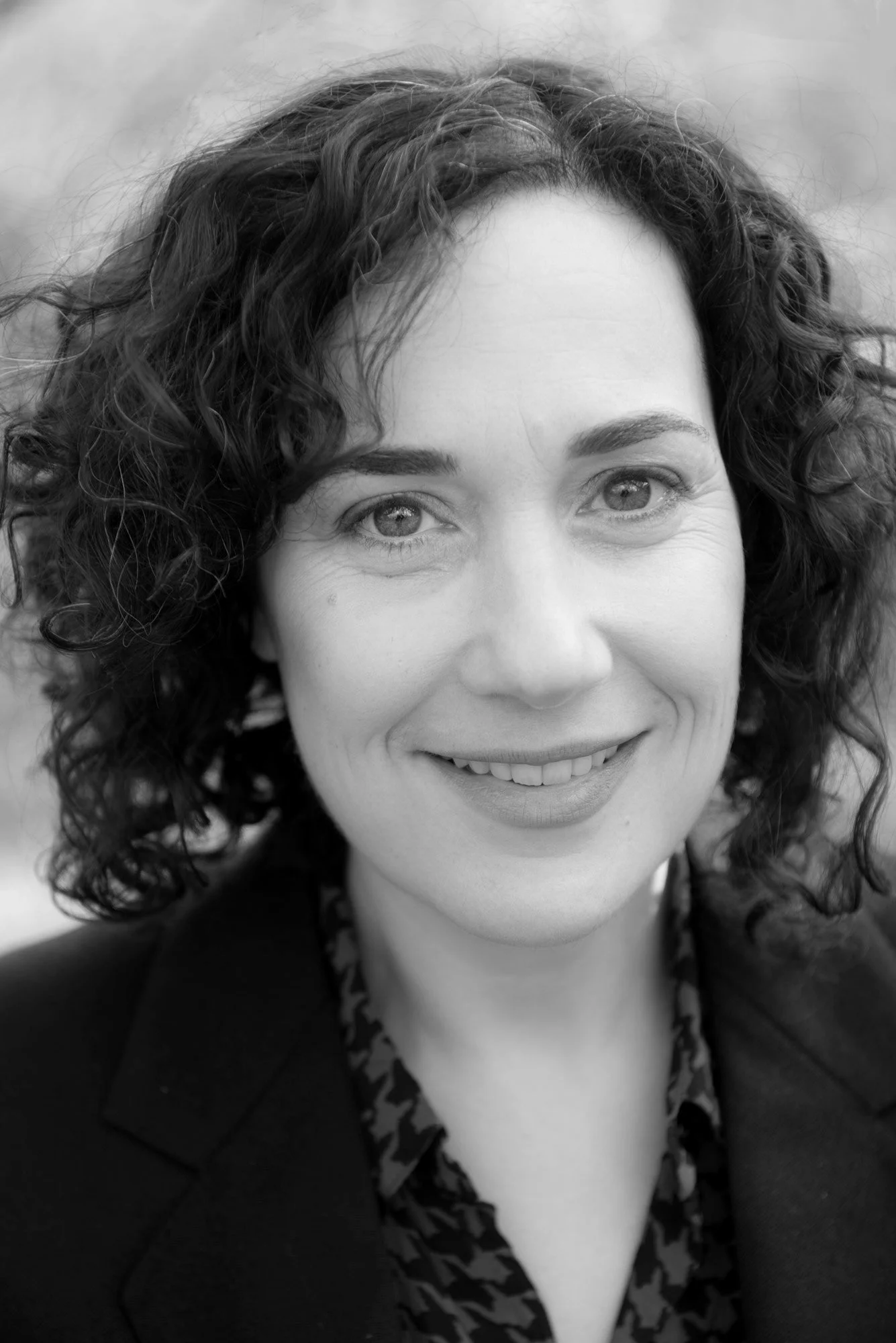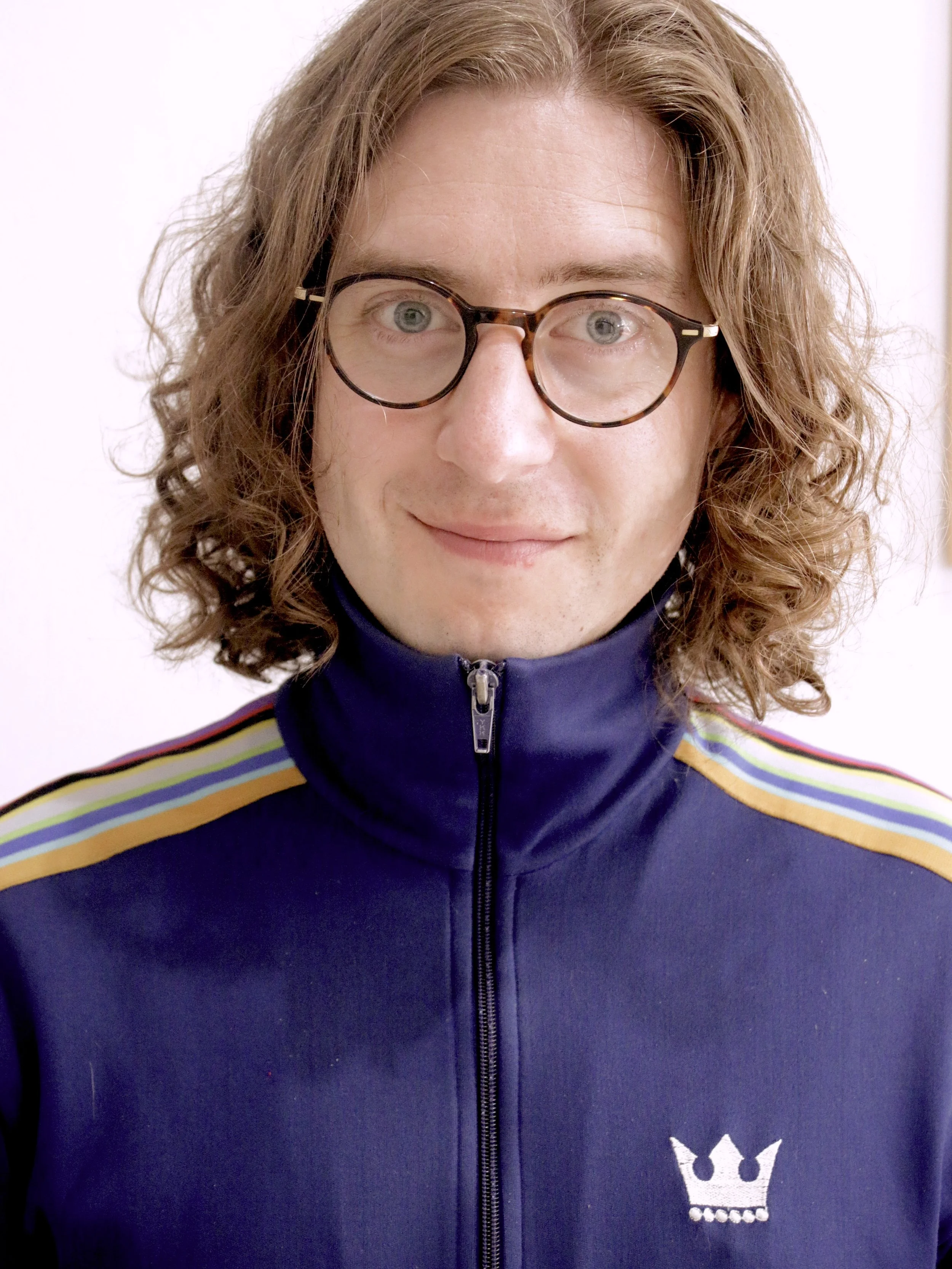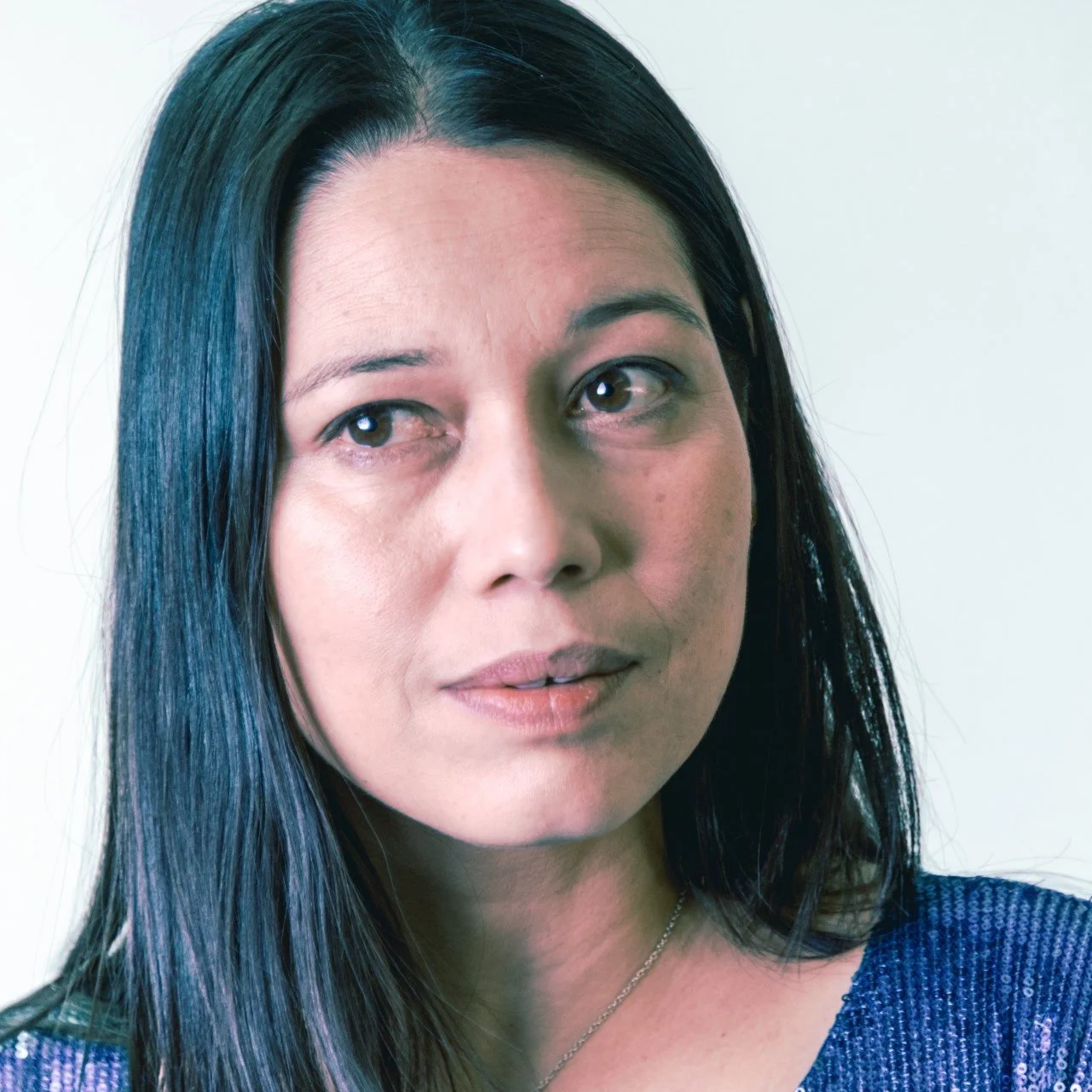Philip K Dick: A Day in the Afterlife
2-4pm, Saturday 19 October 2024 at Manchester Central Library
Join us for a rare screening of the 1994 Arena documentary A Day in The Afterlife about cult author Philip K Dick (Do Androids Dream of Electric Sheep?). Afterwards, see writers Kate Feld, David Hartley and Francesca Beard discuss his speculative / science fiction and imagination. Francesca Beard will also perform a new commission inspired by the film.
Your Local Arena is a unique project featuring iconic films from the archives of BBC TV’s Arena, the pioneering cultural documentary series. It includes new poems inspired by the Arena films and panel talks to explore the continuing relevance of the Arena archives today. The Your Local Arena concept was developed by Lucy Hannah and Speaking Volumes, with Arena’s award-winning director/editor Anthony Wall as creative consultant, and funded by Arts Council England.
‘Before Sleep’
'Before Sleep' is a new poem by Francesca Beard, written in response to the Arena film 'Phillip K Dick: A Day in the Afterlife' and premiered at the Your Local Arena event for the film at Manchester Literature Festival on 19 October 2024 at Manchester Central Library.
You can watch her read it here, and read it yourself by clicking below. Scroll down to find out more about Francesca.
“Along with his intermittent despair and his self-fulfilling outsider-ness, there’s a joy and a humanity.”
Producer Anthony Wall reflects on A Day in the Afterlife, directed by Nicola Roberts (1994)
Anthony Wall spent his early years in the east end of London. He studied at King’s College Cambridge. In 1974 he joined BBC radio as a studio manager. The same year he became the rock critic of the Morning Star and was the first journalist to interview Bob Marley for a national newspaper. Wall moved into television in 1978 and soon joined Arena, becoming one of the core directors/producers (1978-85) and then Series Editor from 1985 to 2018. He has won three BAFTAs, with numerous nominations and other awards from all over the world. His project Night and Day – The Arena Time Machine, a 24-hour evocation of a single day in the life of the planet, made entirely from the Arena archive, screened at the 2019 San Francisco Film Festival, where Wall and Arena received the Mel Novikoff Award, one of the festival’s highest honours, for their ‘contribution to cinema’.
In Nicola Roberts’ atmospheric portrait of Philip K. Dick and his world, veteran British science fiction author Brian Aldiss observes that, in the 1950s and ’60s, Isaac Asimov and Robert Heinlein were celebrated as sci-fi greats because their prognoses for the future were fundamentally optimistic. With his dystopian view Dick, on the other hand, received no such approbation and wrote pretty much in obscurity. However, with the passage of time, this film was made in 1994 and Aldiss declares Asimov and Heinlein to be ‘like dinosaurs’ and Dick to have been well and truly on the money.
Dick himself complained that science fiction was a despised form in literary circles and not to be taken seriously, in the same way that comics were at best dismissed and at worst deemed liable to corrupt and desensitise their mainly young readers. Today, of course, both sci fi and comic book art enjoy a special, hip prestige. Within that, Dick has achieved legendary status, to some extent accelerated by the success of Blade Runner, the dazzling adaptation of Dick’s Do Androids Dream of Electric Sheep?. Such are his fans that Roberts was able to invite Terry Gilliam, Elvis Costello and Fay Weldon to make cameo appearances in the film.
As Aldiss observes, Dick’s work bears comparison to other great dystopian authors and he cites Aldous Huxley and Jonathan Swift. Dystopian and science fiction writers cross over with their projections into the future, sometimes even with a specific date. 1984 and 2001 have passed and gone but the books with those names remain acute. Dick’s take on the world he saw around him in California may have seemed ludicrous at the time the early books were written, that objects have a hidden life of their own — aerosols, food cans, fridges, cars. All these things, which are taken for granted, conceal another world and behind that another one still and another behind that. Given that today a smart toaster can be hacked into, shred your bank account and tell you what you did last Tuesday, Dick’s vision seems remarkably prescient.
All the great dystopian writers have their own particular take — William S. Burroughs, George Orwell, Lewis Carroll, Franz Kafka, Mary Shelley. Dick’s is rooted in this question: what is it to be a human? He seeks the answer through the difference between human beings and the things that humans make. Following Dick’s path, Roberts’ film presents an audio-visual fabric that replicates the synthesis that Dick makes of the everyday banal with a mysterious spirituality.
Along with his intermittent despair and his self-fulfilling outsider-ness, there’s a joy and a humanity. Several witnesses stress the comedic quality of the work and the sheer enjoyment Dick takes in the expression of this ostensibly perverse world view. He asks himself: was he ever paranoid? His answer is a typically ambivalent yes and no. It reminds me of the old proposition — if you’re not paranoid, you’re not paying attention.
Anthony Wall, 15 September 2024
Creative Adviser The Arena Archive; Film Director and Series Editor Arena 1978-2018
Biographies
Responding to the film
Kate Feld is the author of the poetry and photography pamphlet Deeryard. Her writing has appeared in journals including The Stinging Fly, The Letters Page and Tolka and in The Art of Being Dangerous: Exploring Women and Danger Through Creative Expression. She lectures in Journalism at the University of Salford and lives in the hills north of Manchester.
Photo by Simon Buckley.
David Hartley is a short story writer, performer, and researcher based in Manchester. He holds a PhD in Creative Writing from The University of Manchester where he looked at the interconnection of autism and the fantastical, with a particular focus on the film Blade Runner. He is the author of Incorcisms and Fauna, the latter of which was longlisted for the Edge Hill Prize in 2022. Most recently, he was writer-in-residence in Tartu, Estonia for the Prima Vista Literature Festival where he performed a four-hour immersive storytelling experience among a forest of tattooed Estonians.
Francesca Beard is a poet who has worked with audiences and artists in over twenty-three countries through her work with the British Council. She collaborates with communities and institutions to create public-facing experiences that ask challenging questions with kindness and good humour. She facilitates creative projects with a range of age groups, from babies and their carers in libraries to people living with dementia in care homes. Recent commissions include poems for The British Geological Survey, WikiMedia and Wellcome. She has been artist in residence with B3 Media at The Banff Centre, Canada and The Mixed Reality Lab, Nottingham University to research possible ways of telling different stories. Her solo shows, Chinese Whispers, How to Survive A Post-Truth Apocalypse and Confabulation, were made in conversation with scientists and researchers, supported by Arts Council England. She comes from Malaysia and lives in London.
To find out more, please visit www.francescabeard.com. Photo by Suzi Corker






